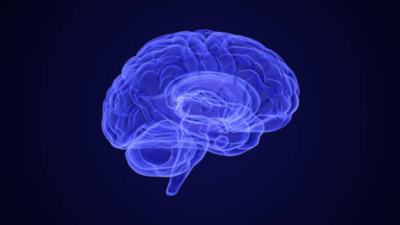6 Minutes Read | Listen to Article

Hunger is nature’s way of reminding us that the body needs fuel. Yet there are times when that reminder goes silent, leaving you disinterested in food. According to research from the NIH, appetite can be disrupted by factors ranging from short term illness to chronic conditions, each carrying its own risks.
Stress is often the prime suspect. The body’s fight or flight response quickens the heart but slows digestion, dulling the desire to eat. A lingering state of stress brings cortisol into play, sometimes suppressing appetite while encouraging cravings for sugary indulgences. Illnesses like the flu or even a simple stomach bug can also dampen hunger as the immune system shifts focus to fighting infection. While the appetite fades, light and nourishing meals such as soup or rice are still important for recovery.
Life stages have their role as well. During pregnancy, nausea and morning sickness can keep food at bay even when nutritional needs are higher. Chronic stomach disorders such as IBS or Crohn’s disease make eating uncomfortable, which can train the body to avoid food altogether. Similarly, anemia, diabetes, and hypothyroidism alter the body’s chemistry in ways that diminish hunger, often creating a dangerous cycle of fatigue and weakness.
Neurological and psychological factors cannot be ignored. Migraines, depression, or even a concussion can interfere with appetite by disrupting brain signals or simply making the act of eating unpleasant. In such cases, professional guidance becomes essential, since untreated conditions can quietly escalate into more serious health concerns.
Loss of appetite may feel like a minor inconvenience, but it often tells a larger story. Listening to that silence, rather than dismissing it, can be the first step toward uncovering and addressing underlying health issues.
**This news was published on Times of India on 29th August, 2025.
Source Click
 Vitamin Bs and brain...
Vitamin Bs and brain...
 Health problems link...
Health problems link...